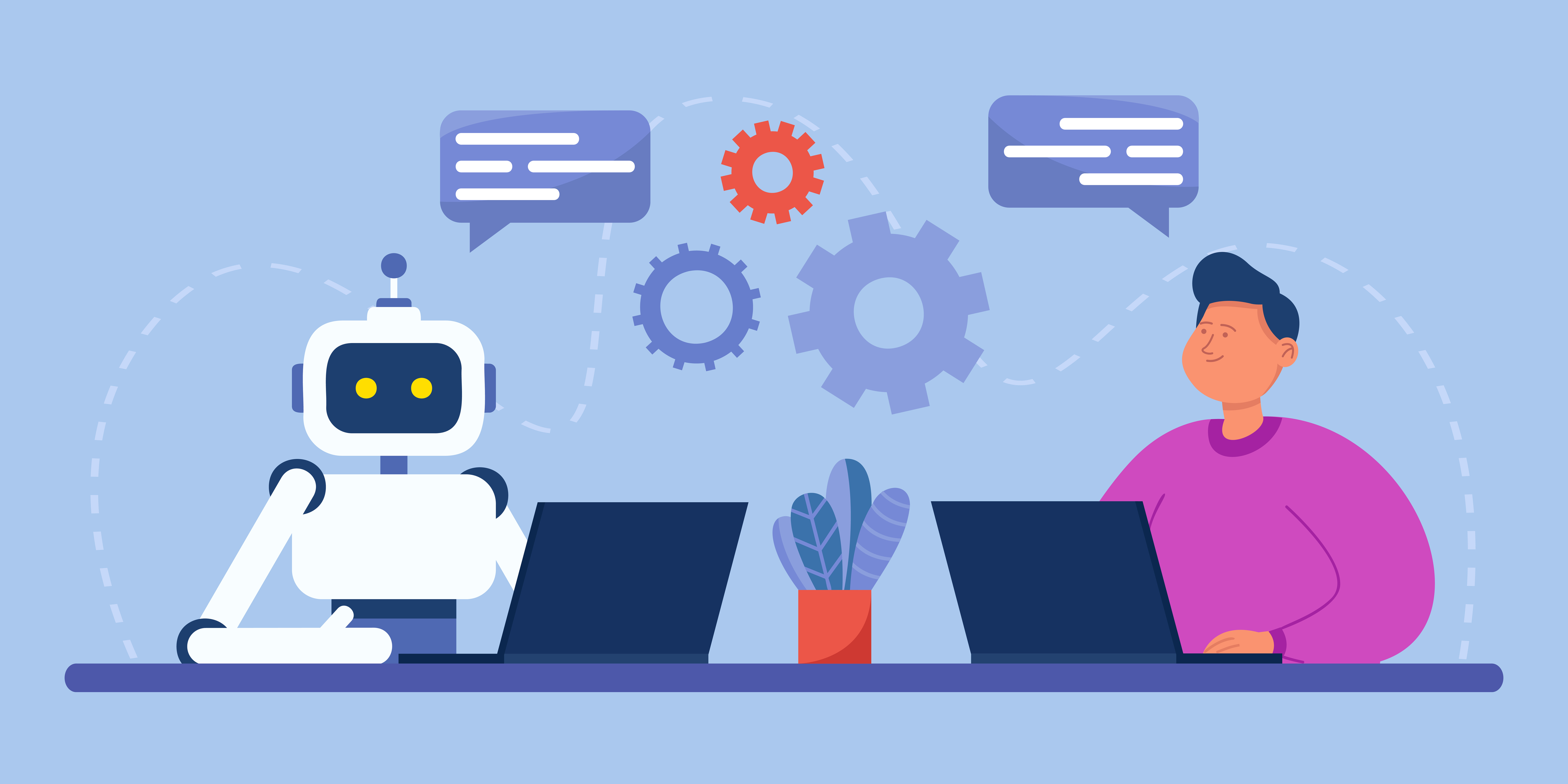
Will Tools Like Chat GPT replace Programmers? (7Mins)
The rise of Artificial Intelligence (AI) and Natural Language Processing (NLP) has led to the development of tools like ChatGPT, which can mimic human-like conversations and provide intelligent responses. These tools have given rise to a debate about whether they will replace programmers or not. In this blog, we will explore both sides of the argument and come to a conclusion.
On one hand, some argue that tools like ChatGPT will replace programmers. This is because these tools can perform tasks that were traditionally done by programmers, such as writing code, debugging, and testing. With AI and NLP capabilities, tools like ChatGPT can understand user requirements and generate code to meet those requirements. They can also identify errors in code and suggest fixes. This automation of programming tasks will make it easier for non-technical people to develop software and applications, reducing the need for professional programmers.
Moreover, these tools can work 24/7 without getting tired, which means that they can produce code faster than humans. This speed and efficiency can help businesses reduce their costs and increase their productivity. As a result, companies may prefer to use these tools instead of hiring programmers, leading to a reduction in demand for programming jobs.
However, on the other hand, many argue that tools like ChatGPT will not replace programmers. This is because programming is not just about writing code, but also requires a deep understanding of software development principles, algorithms, and data structures. Programmers need to understand the nuances of the code they are writing, and the context in which it is being used. They need to be able to identify potential errors and optimize the code for performance.
Moreover, programming is a creative and collaborative process. Programmers need to work with other team members, such as designers and project managers, to develop software that meets the user requirements. This requires strong communication skills and the ability to understand the broader context of the project. Tools like ChatGPT cannot replace this human element of programming.
Additionally, tools like ChatGPT are still in their infancy and have limitations. They are not perfect and can make mistakes, especially when faced with complex programming tasks. They also lack the ability to make judgments and decisions based on experience, which is a key skill for professional programmers. Furthermore, programming languages and frameworks are constantly evolving, and programmers need to keep up with these changes to stay relevant. Tools like ChatGPT may not be able to adapt to these changes as quickly as human programmers.
In conclusion, while tools like ChatGPT have the potential to automate certain programming tasks and make software development more accessible to non-technical users, they are unlikely to replace programmers altogether. Programming is a complex and creative process that requires a deep understanding of software development principles, algorithms, and data structures, as well as strong communication skills and the ability to work collaboratively. Tools like ChatGPT may be able to assist programmers in their work, but they cannot replace the human element of programming. Furthermore, as programming languages and frameworks continue to evolve, programmers will continue to play a crucial role in developing software and applications.
As AI and NLP capabilities continue to develop, it is likely that tools like ChatGPT will become more sophisticated and useful for programmers. However, it is important to remember that these tools are not a replacement for programmers, but rather a complement to their skills and expertise. By working together, programmers and AI tools can make software development faster, more efficient, and more accessible to everyone.
Latest Blog
Navigating the Shift: The Rising Importance of Contemporary People Practices in Indian SMEs
Navigating Job Interviews with Emotional Intelligence and Soft Skills
Mastering the Art of Salary Negotiation After the Job Offer
How Artificial Intelligence is Changing SEO and the Future of Search
Mastering the Art of Introducing Yourself in an Interview: Your Path to Success